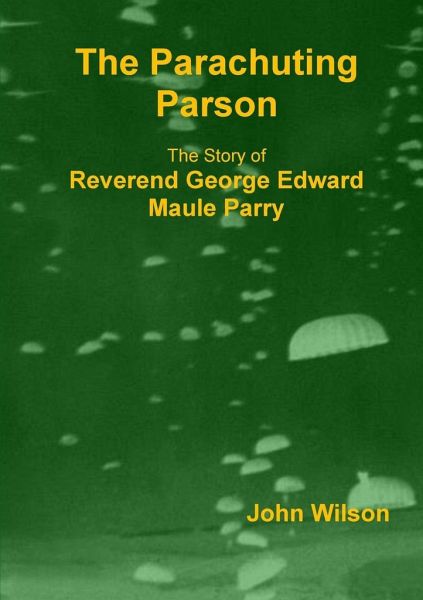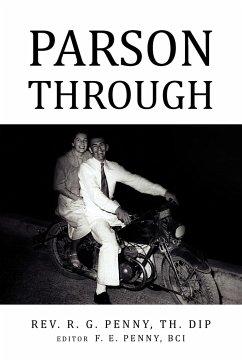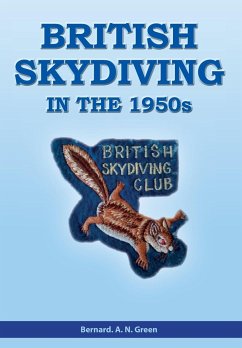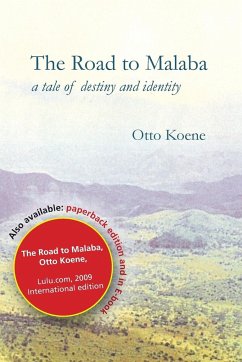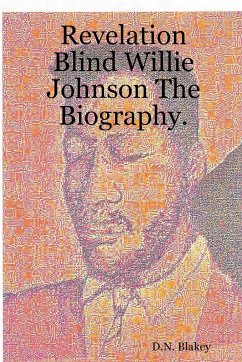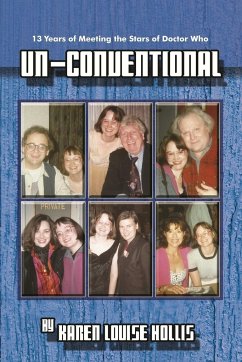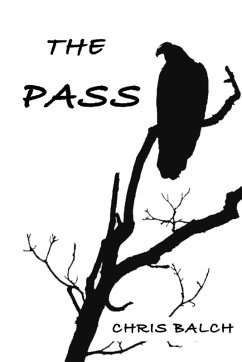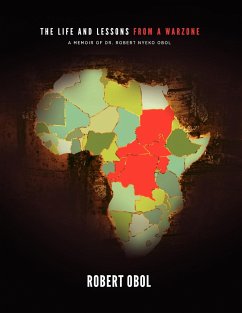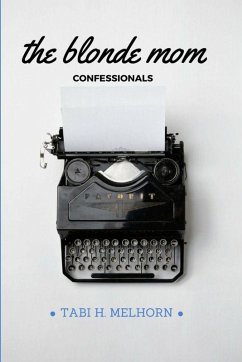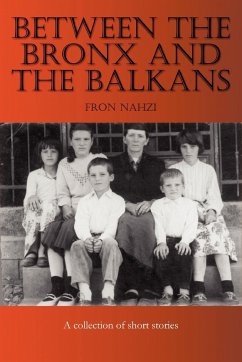Qualified in agricultural science, medicine, surgery and psychiatry, Dr John Wilson practised for thirty-seven years, specialising as a consultant psychiatrist. In Sydney, London, California and Melbourne, he used body-oriented therapies including breath-awareness, and re-birthing. He promoted the 'Recovery Model of Mental Health' and healing in general. At Sydney University, he taught in the Department of Preventive and Social Medicine, within the School of Public Health. He has worked as Technical Manager of a venture-capital project, producing health foods in conjunction with the Commonwealth Scientific and Industrial Research Organisation (CSIRO). Dissenting from colonial values, he saw our ecological crisis as more urgent than attending urban distress. Almost thirty years ago, instead of returning to the academy, he went bush, learning personal downsizing and voluntary simplicity from Aboriginal people. Following his deepening love of the wild through diverse ecologies, he turned eco-activist, opposing cyanide gold mining in New South Wales and nuclear testing in the Pacific. Spending decades in the Australian outback, reading and writing for popular appreciation, he now fingers Plato, drawing on history, the classics, art, literature, philosophy and science for this book about the psychology of ecology - eco-psychology - about the very soul of our ecocidal folly.
